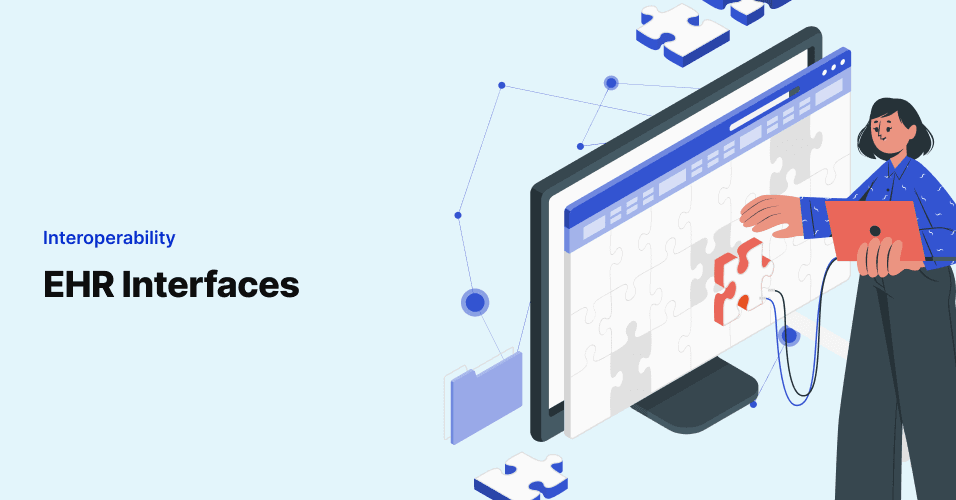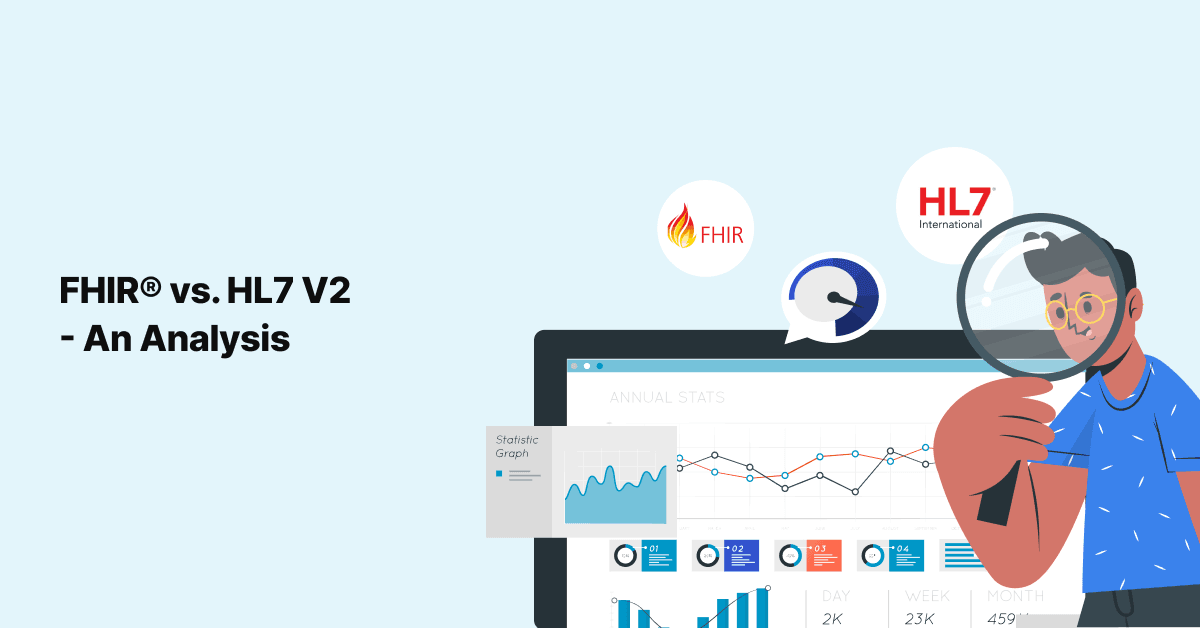
How Is Release of Information (ROI) Changing?
Are you curious about the changes happening in healthcare’s Release of Information (ROI) process?
Gone are the …

Our world has changed. (How’s that for an understatement?) We’re collectively watching and waiting as the Coronavirus Pandemic is impacting our entire world, and many are feeling the pressure of uncertainty for both our health and our economic futures. The lasting impacts and true cost of this outbreak are yet to be determined, but we’re simultaneously learning a lot about what our healthcare system can and cannot support. National governments are looking to other countries to watch for patterns in disease rate and come up with the best possible recommendations to reduce the spread and severity of Covid-19. It’s worthwhile in times like these to consider how valuable an interconnected healthcare technology solution would be that gives policy makers and critical care leaders the ability to drive action based on data. Today we’re going to step back from the breaking news for a minute to consider what role Health Information Exchanges (HIEs) could play in disease control for future outbreaks or disasters.
Many large health systems have implemented EHRs like Epic to allow for continuity of care across a fixed community of healthcare providers. There are case studies and amazing examples of population health management success and improved patient outcomes under this model, but the ability to move the needle is obviously going to be limited to the reach of the sponsoring system. The game-changing benefit of integrating EHRs with HIEs is that providers across communities can share patient data, can exchange real-time communication and can gain access to a new level of visibility for the whole care plan of their patients…even if they leave the health system or go out of town.
There are many in the healthcare IT world who are jaded at this point when it comes to considering a national HIE solution. It sounds amazing, but the complexity and politics to bring that to fruition are enough to make us shrug our shoulders and just focus on regional opportunities as the best option. It’s complex; agreeing on vendors, approach, security, consent, and more is the only way to proceed. This can be daunting enough to accomplish within a single hospital. However, it’s in times of social and medical crisis such as the current Covid-19 outbreak that remind us that the greater good begs us to press forward and do the hard work, have the hard conversations, and chase down unity.
It’s important to realize that Health Information Exchanges are not an end in and of themselves, but are a means to a new kind of healthcare. Some HIEs on the market offer superior tools, workflows and Clinical Decision Support capability. But where HIEs become invaluable is in their ability to consolidate, normalize and de-duplicate patient data so that we are able to track a single patient — correctly — across the care continuum. From their yearly visit to their PCP, to their recent urgent care visit for a cough, to the subsequent phone calls to their PCP that symptoms are taking a turn, all that activity is tracked real time for prompt identification of symptom presentation that would warrant further testing (and possible quarantine).
Big Data in Healthcare makes incredible trending and analytics possible without individual health systems relying on Data Analysts who are often limited to a certain set of data (within their own repositories). HIEs, and their numerous EHR integrations, can power Big Data opportunities that would make symptom tracking, identifying diagnosis patterns and potentially even containment strategies possible…and quick, at that.
We’re not there yet. But, the unfolding presentation of Covid-19 is a reminder that we benefit from sharing medical information…across states, countries and nations. It’s a sensitive topic and not something that can be rushed, but we have a perfect example in play of how robust HIEs (even if just regional) could fuel decisions made by national and global leaders to help us all stay safe and get the care we need on time.
Join over 3,200 subscribers and keep up-to-date with the latest innovations & best practices in Healthcare IT.

Are you curious about the changes happening in healthcare’s Release of Information (ROI) process?
Gone are the …

In the modern world where data is king and more is more, we’re going to take another stance: less is more. Or …

In the modern healthcare industry, data plays a very important role in terms of improving patient outcomes. …